![]()
![]()
![]()
Use LEFT and RIGHT arrow keys to navigate between flashcards;
Use UP and DOWN arrow keys to flip the card;
H to show hint;
A reads text to speech;
40 Cards in this Set
- Front
- Back
- 3rd side (hint)
|
Articles of Confederation |
first failed government before the Constitution
|

|
|
|
ratification
|
the official way to confirm something, usually by vote.
|

|
|
|
levy
|
to impose a tax, fine, or fee
|

|
|
|
Founders (and Framers)
|
a person who manufactured an article
|
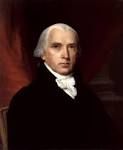
|
|
|
Virginia Plan
|
a plan Edmund Rudolph came up with to split the powers of the government and to keep bigger states equal with the smaller ones
|
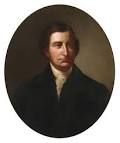
|
|
|
New Jersey Plan
|
a plan to keep the smaller states equal to the bigger states (2 senators per state)
|

|
|
|
Great Compromise
|
was an agreement that large and small states reached that each state would follow the legislative structure and representation under the United States |

|
|
|
Three-Fifths Compromise
|
that each state could only count 3/5 of it's slave population
|
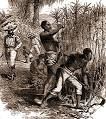
|
|
|
Executive Branch
|
the branch of government that enforces laws |
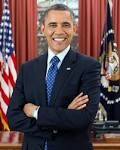
|
|
|
Judicial Branch
|
the branch of government that interprets laws
|
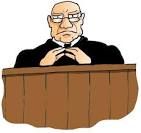
|
|
|
Legislative Branch
|
the branch of government that creates laws |

|
|
|
Checks & Balances
|
an organization or system ensuring that political power is not in the hands of individuals or groups. |

|
|
|
Antifederalists
|
people who didn't support the constitution
|

|
|
|
Federalists |
people who supported the new government and the constitution |

|
|
|
Federalism
|
an type of government that splits powers between the states and the government
|
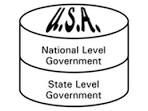
|
|
|
majority rule
|
the principle that the greater number should exercise greater power.
|

|
|
|
amendment
|
a major change or addition to a document
|

|
|
|
Bill of Rights
|
the first ten amendments to the United States Constitution.
|
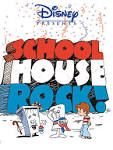
|
|
|
House of Representatives
|
435 people who were elected to be in the lower house of US congress |
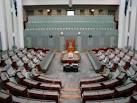
|
|
|
Senate
|
a smaller upper assembly in the US congress |

|
|
|
Congress
|
the legislative body of the US |

|
|
|
Popular Sovereignty
|
the principle that the authority of the government is created and supervised by the consent of the people
|

|
|
|
Republicanism
|
the idea of the government or society be governed by republic idea |
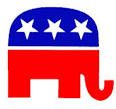
|
|
|
separation of powers
|
the idea of separation of a government or a leader so it doesn't get too powerful
|
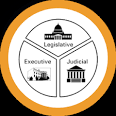
|
|
|
limited government
|
A government in which enforcing laws is limited and weak
|

|
|
|
bicameralism
|
Enactment of laws which requires the approval of the majority of the members in each of the legislature. |
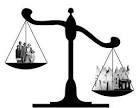
|
|
|
judicial review
|
a review by the supreme court of a validity of the law with the constitution |

|
|
|
impeachment
|
a process when an official is accused of an unlawful act and is (if guilty) removed from their position |

|
|
|
quorum
|
a minimum of numbers of people needed to attend an assembly for the assembly to be valid |
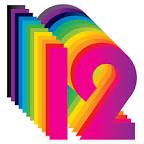
|
|
|
revenue
|
an income of a large company or government
|

|
|
|
veto
|
a constitutional right to reject a decision made by a law-making body
|

|
|
|
naturalization |
the process in which U.S. citizenship is granted to an immigrant if he or she fulfills the requirements established by Congress |

|
|
|
elastic clause
|
an article in the US constitution for granting Congress the power to pass all laws necessary to carry out plans |

|
|
|
natural born citizen
|
a citizen of the US that was born in the US
|
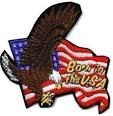
|
|
|
electoral college
|
a body of people representing the states of the US who formally cast votes for the election of the president and vice president. |

|
|
|
Supreme Court
|
the highest judicial court in a country or state |
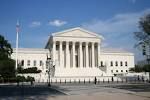
|
|
|
suffrage
|
the right to vote in political elections
|
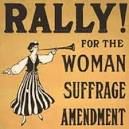
|
|
|
due process of law
|
fair treatment through the normal judicial system |
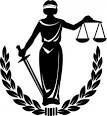
|
|
|
bail
|
the temporary release of an accused person awaiting trial
|

|
|
|
Constitution |
body of fundamental principles established by a government as guidelines and laws to follow by |
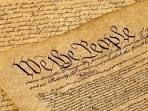
|

